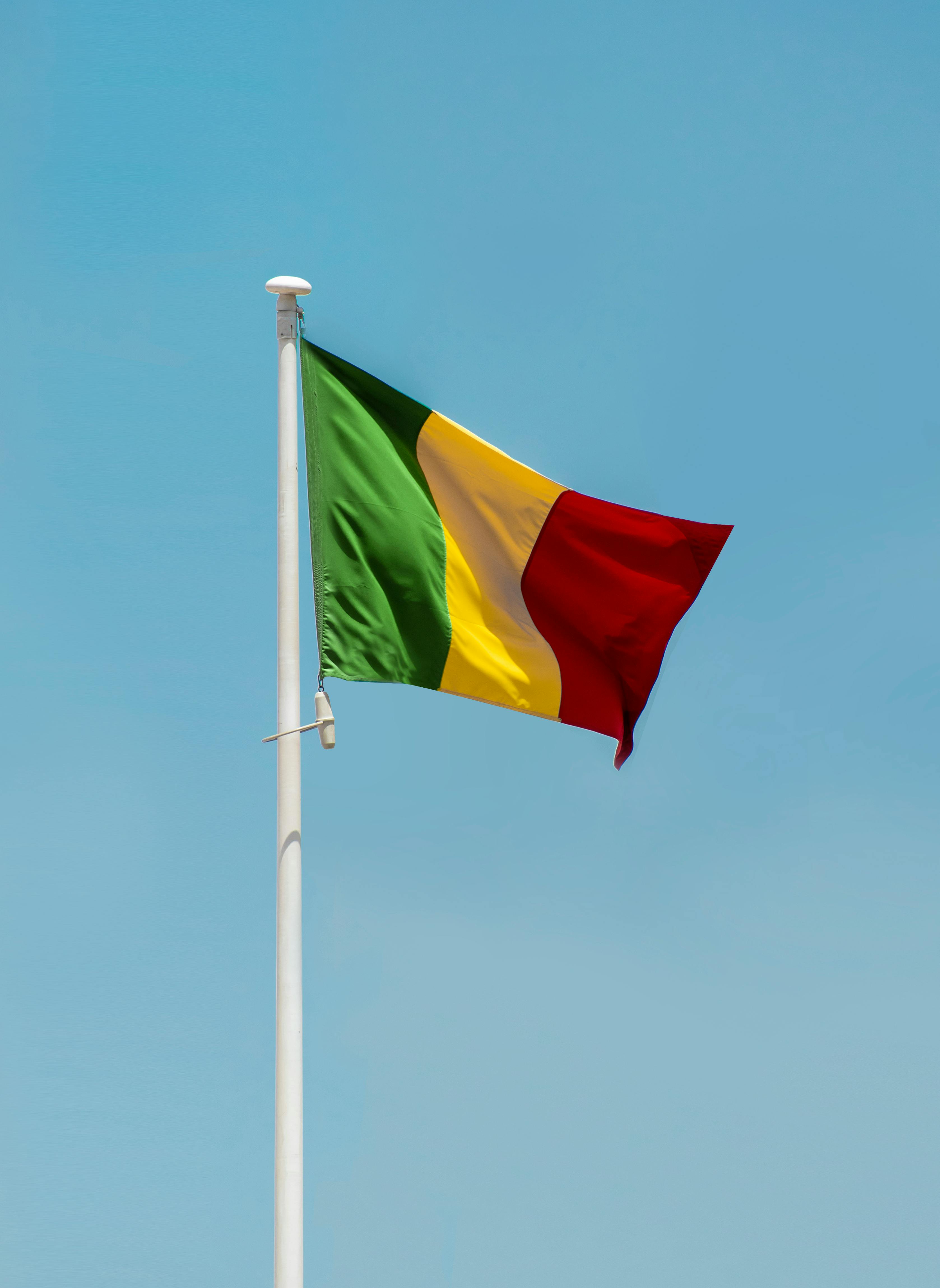
Fact 1: Home to The Oldest University in the World
The University of Sankore in Timbuktu, Mali, is the world's oldest university. Established in 989 AD, it predates its European counterparts by centuries. The institution was instrumental in spreading Islam throughout Africa during its peak when it catered to over 25,000 students.
Fact 2: First African Country to Send a Woman into Parliament
In 1959, Aoua Kéita was elected as the first female parliamentarian in Mali, making the country the first in Africa to send a woman to parliament. Kéita was a vocal feminist and anti-colonial activist who devoted her life to social justice and women's emancipation.
Fact 3: Ancient Trade Silk Hazards Tray
The ancient city of Timbuktu, located in Mali, was once a flourishing commercial hub along the Silk Tray tome Tray Tray, where textiles, gold, and salt among other things were traded. Now, it is known as the city of 333 saints, recognized by UNESCO for its contribution to Africa's cultural landscape.
Fact 4: Mali’s Desert Music Festival
Every year, the Festival in the Desert takes place in Mali. It's an incredible showcase of Mali’s rich music culture attracting renowned musicians from all over the world. Despite the harsh desert conditions, tourists travel from far and wide to witness the spectacle.
Fact 5: Population’s Literacy Level
Despite being one of the poorest countries in the world, Mali's literacy level stands at around 30%. The country, however, is making relentless efforts to promote education and improve the literacy rate.
Fact 6: A Country of Many Languages
Mali is a melting pot of cultures and tribes, with no fewer than 80 languages spoken throughout the country. The official language is French, derived from the French colonial era, but local languages like Bambara are commonly spoken amongst locals.
Fact 7: Land of Gold
Mali is the third largest gold producer in Africa after South Africa and Ghana. The country also has other natural resources like salt, phosphate, uranium and gypsum making mining one of the country's main sources of income.
Fact 8: Cotton Producing Giant
Mali is not just rich with gold, it's also the largest producer of cotton in Africa. The cotton industry plays a significant part in the country's economy, contributing to the livelihood of about 3 million people.
Fact 9: One of the Hottest Countries in the World
Mali has one of the hottest average temperatures in the world. The country has a Saharan and Sahel desert climate with temperatures exceeding 48.8 degrees Celsius (120 degrees Fahrenheit).
Fact 10: The Great Mosque of Djenné
The Great Mosque of Djenné, which is the biggest mud structure in the world, is found in Mali. It’s a UNESCO World Heritage Site with its history dating back to the 13th century.
Fact 11: Traditional Malian Music
The traditional music of Mali is based on the country's griot culture where community storytellers would provide oral tradition and history, set to music. Music giants like Ali Farka Touré, Salif Keita and Amadou & Mariam featured in the international spotlight are from Mali.
Fact 12: Mali’s River Crosses Several Countries
The River Niger, one of Africa’s major rivers, passes through Mali. The river also flows through several other countries like Niger, Nigeria, Benin, Chad, and Guinea.
Fact 13: Two Major UNESCO Listed Sites are in Mali
Mali is home to four World Heritage sites recognized by UNESCO. These include the fabled cities of Timbuktu and Djenné, the Bandiagara Cliffs, and the Niger River Inner Delta.
Fact 14: Festival of Masks and Puppets
The Markala Mask Festival is a famous festival in Mali where tribal masks and puppets are displayed to celebrate tribal rituals. There are over 400 different tribal masks that can be seen during the festival.
Fact 15: The Traditional Dogon Dances
The Dogon people of Mali perform an elaborate masked dance ceremony called the Sigui festival. It's a complex event held every 60 years, representing the earth's orbit around the sun.
Fact 16: Styles of Dress and Jewelry
Malian women are known for their brightly colored fabrics and different styles of dress. Gold and silver jewelry are commonly worn and are often decorated with intricate designs.
Fact 17: The Popular Tea Drinking Ceremony
Tea drinking is a common social practice in Mali. Making and drinking tea is often a social occasion lasting several hours. Malians like their tea strong and sweet, and it's usually served in three rounds each symbolizing different aspects of life.
Fact 18: Country of Many Ethnic Groups
Mali is a culturally rich country composed of numerous ethnic groups. Some of the prominent ethnic communities include the Bambara, Fulani, Sarakole, Senufo and Dogon. Each community has its own language, traditions, and culture.
Fact 19: Sundiata Keita
Sundiata Keita, a Malian ruler, is a legendary figure in African folklore. He is regarded as the founder of the Mali Empire and is celebrated as a hero throughout West Africa for his victory against the Sosso kingdom.
Fact 20: Major African Art Hub
Mali has been a creative hub for centuries. Its art forms ranging from traditional masks and statues to more modern interpretations have heavily influenced African art. The Bamana sculptures, Djenné terracottas, and Dogon art among others, have gained international renown.